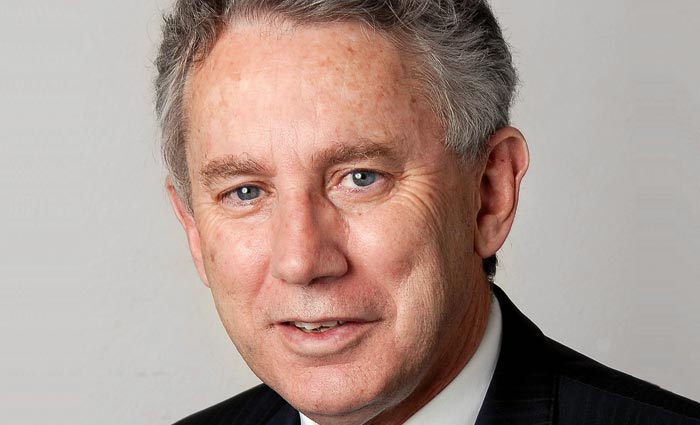
The peak industry body has forecast greater economic certainty under Tony Abbott – and also highlighted its good relations with the new industry minister.
Printing Industries Association of Australia chief executive Bill Healey said the Liberal government offered a “safe pair of hands” with the economy.
He also told ProPrint that the PIAA was glad to see the end of “the uncertainty of the hung parliament”.
“We certainly think that the internal problems involving the Labor party meant that you didn’t have stability and that didn’t lead to good government,” he said.
“We think that our discussions with the new government, while they were in opposition, give us every hope that they’ll systematically implement their policy and provide a balanced and ordered management of the economy.”
Healey said he had strong links with members of the Liberal government, including industry minister Ian MacFarlane and his parliamentary secretary, Bob Baldwin. “I’ve worked pretty closely with a lot of the new ministry,” he said.
[Industry Insider: Our economy needs a Liberal govt]
The PIAA also has a former Liberal senator in its ranks in the form of its workplace relations adviser, Mary Jo Fisher. However, Healey told ProPrint he had no need or wish to use her as a “back-door” negotiator.
Fisher was a chief policy advisor to Abbott during his time as opposition leader. Healey said Fisher had been hired solely for her industrial relations skills and had done an excellent job since joining the PIAA almost a year ago.
However, he added that she might occasionally have to deal with her ex-colleagues as part of her role.
Meanwhile, the Australian Election Commission revealed after the election that Toll’s print and mailing division, Toll Priority, had been awarded a $465,000 contract to print and distribute ballot papers for overseas voting.
An AEC spokesperson told ProPrint that goverment suppliers printed and distributed more than 43 million ballot papers to about 8,000 polling places in Australia.
“Ballot papers were also sent to 102 Australian diplomatic missions around the world to enable those eligible Australians holidaying, working or living overseas at the time of the election to vote,” added the spokesperson.
“The most remote place that a vote was cast… was at Australian research bases in Antarctica, however I think they print out their own ballot papers on demand according to the home divisions of the people voting there.”
[Related: More election news]
Comment below to have your say on this story.
If you have a news story or tip-off, get in touch at editorial@sprinter.com.au.
Sign up to the Sprinter newsletter
